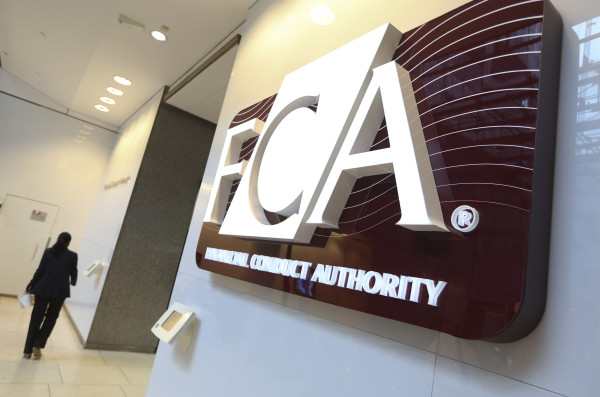

The Financial Conduct Authority has said raising public awareness of the risks of digital currencies is like "pushing water uphill".
Addressing the Treasury select committee, David Geale, director of policy at the FCA, said it was hard to raise awareness of the risks when companies offering digital currencies were spending so much money advertising them.
In response to questions about what action the FCA had taken about the explosion of advertising for cryptocurrency businesses, Mr Geale said the regulator had attempted to raise the profile of its warnings through television and the national press.
Last year the FCA warned investors putting their money in digital currencies such as Bitcoin should be prepared to lose all their money.
At its peak in December 2017 one Bitcoin was worth nearly £15,000 but it is now worth £4,993.
Mr Geale said the advertising campaigns appeared to have been successful in raising awareness of cryptocurrency investments, but he said there was evidence of a lack of understanding - particularly regarding whether they were regulated or not.
He said: "We know there is a high proportion of people who have heard of these investments. It is much harder to actually work out whether they understand them.
"Certainly we have data on the number of people who viewed the warnings that we have. I suspect it is a little bit like pushing water uphill because it is difficult when there is a lot of advertising the other way going on as well but we keep trying."
"Where we see advertisements that breach our rules, which would be a regulated entity relating to financial instruments, then we can and will take action.
"That can happen in a number of ways from specific enforcement action, which may include a fine, to a simple phone call with the firm if we think it is something we've spotted at a very early stage and we can just get them to change it.
"We have taken steps to issue warnings where we have remits to do so. We have actually gone a little bit outside of our remit and reminded people that there may be people operating outside of a regulated space and they should consider very carefully who they are dealing with and the protections that may or may not apply."
The committee heard digital currencies were still a small sector of the market but that this market had grown rapidly over the past year.
David Raw, deputy director of banking and credit at HM Treasury, said: "Cryptocurrencies have only taken off in any particular volume in the last couple of years and the market capitalisation, even when they peaked in January of this year, was £800bn and I think it has now dropped to around £300bn which is still a tiny percentage - less than 0.3 per cent of the size of securities market.
"They have only taken off recently. Initial coin offerings were worth £10bn between January and May this year. That far, far outstrips the whole of 2017. They are increasing very rapidly."
Mr Geale said the best way of regulating these assets, because of their digital nature, may well prove to be through international agreements.
He said: "It is very important we have an international solution because whatever we do in the UK, if we raise leverage for example, if firms are able to offer the same leverage as they did before from abroad then we would end up with regulatory arbitrage."
In March, HM Treasury announced it would launch a cryptoassets task force to harness the benefits of this technology while guarding against the risks it poses.
Back in March Bank of England governor Mark Carney said there was a need for regulation of the cryptocurrency market.
He said cryptocurrency providers were failing to achieve their stated aim of providing an alternative to the money issued by central banks and had become an outlet for speculators.
damian.fantato@ft.com



